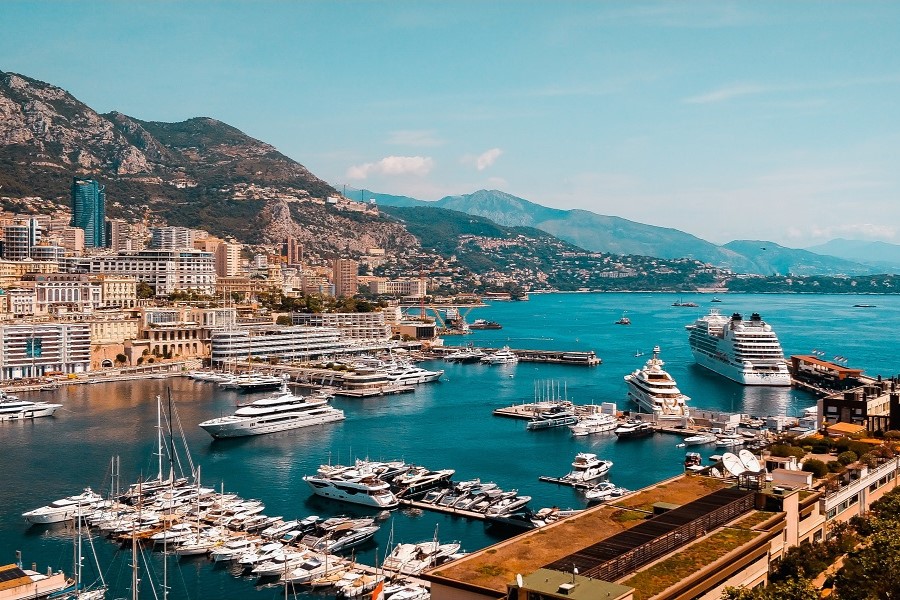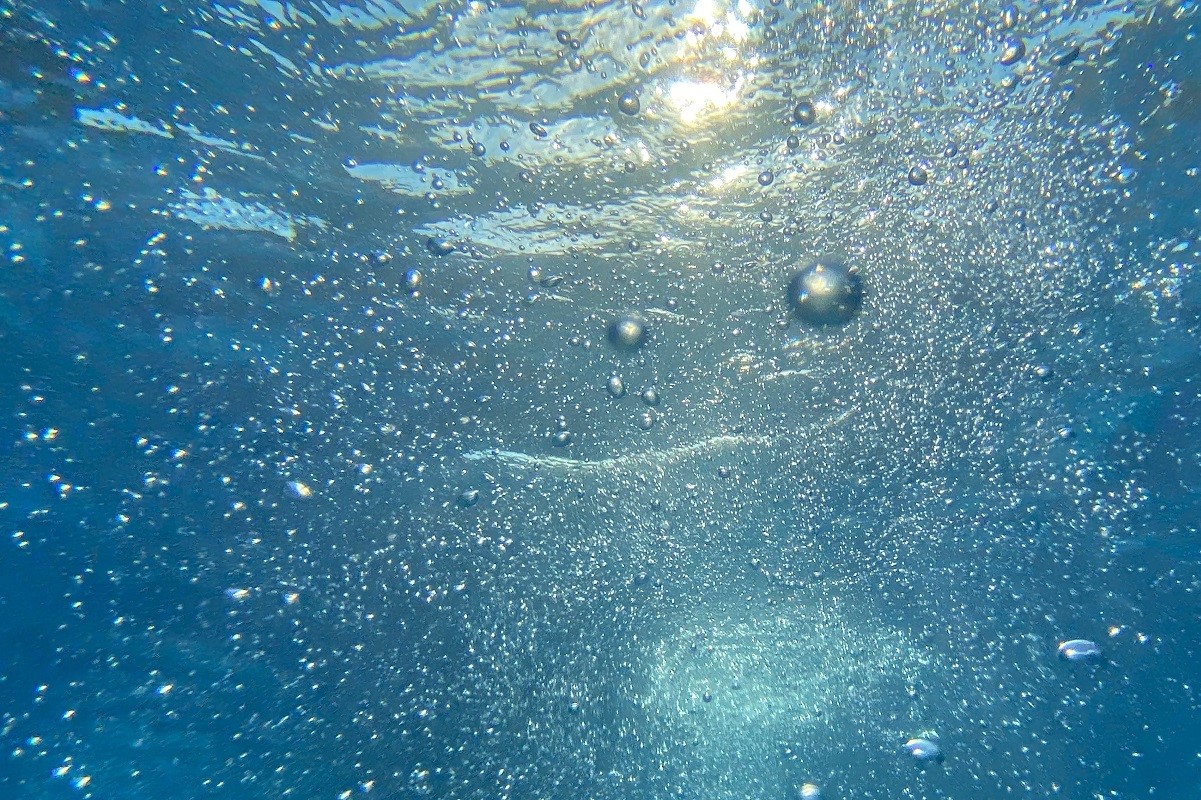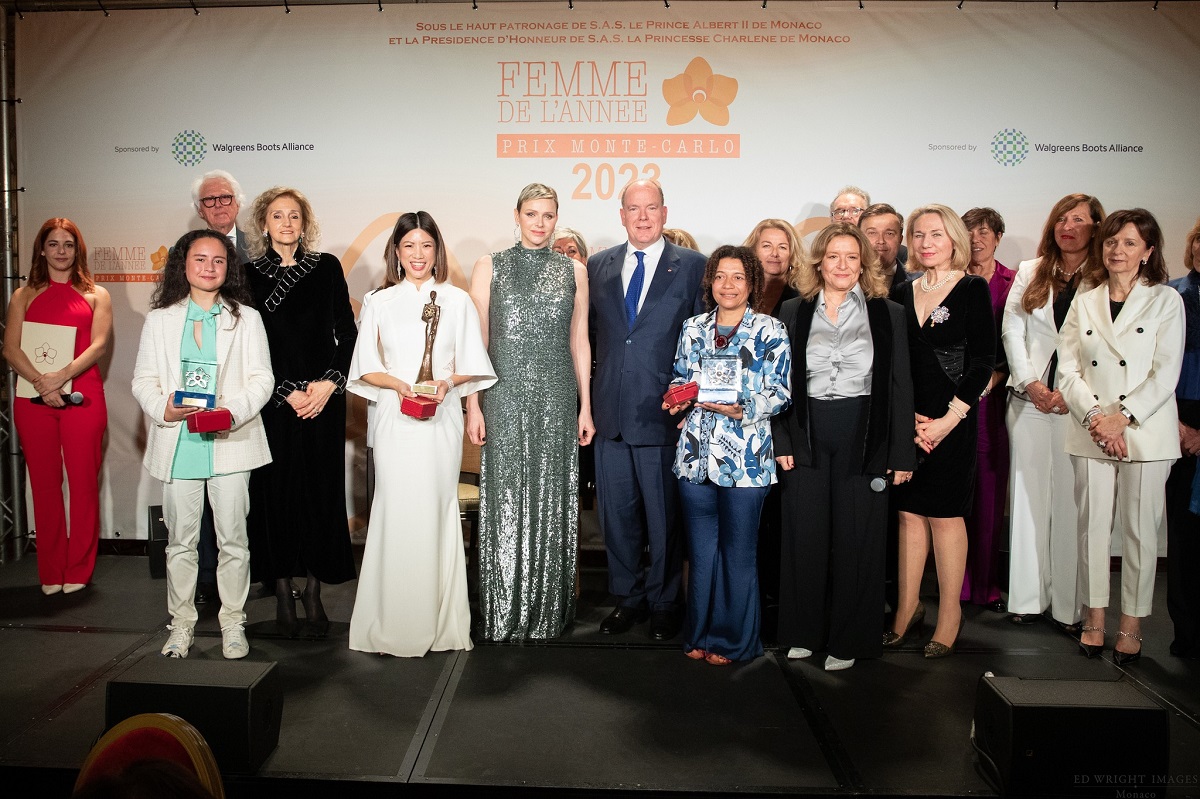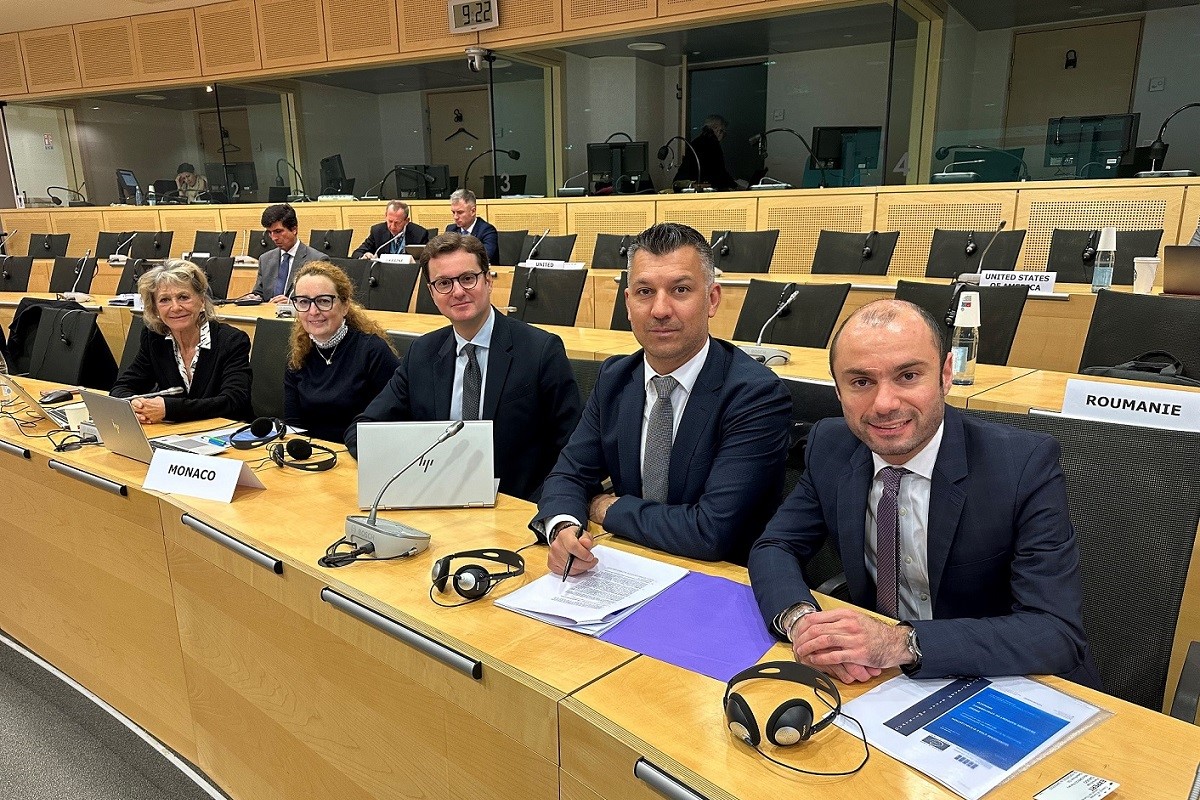Parents don’t want to see their kids fail, so they often tend to step in and rescue them. But failure is important for how children grow, learn and improve.
Every time a child fails, be it a test or even a friendship, it is an opportunity for learning. As a parent, we are here to help them grow through questions, not lecturing. When we tend to lecture, they will detach and not comprehend your message as a parent, as good as it might be. Telling children: “It will be ok, don’t worry about it” invalidates their emotions and feelings. Instead, you can ask questions regarding the issue, such as “What happened here?”, “How did this occur?”, and “What did you learn from this experience?”. This is how growth takes place through these conversations.
Some tips to encourage positive behaviors in your child
Praising: One way to encourage effort and improvement is to provide praise. Praise can be shown by paying attention to the little things they do, such as waking up on time, listening to something you said the first time you asked, taking their dishes to the sink, or getting along nicely with their sibling(s). There are so many opportunities for praise. Studies show that students who receive praise and positive feedback are not only more motivated to succeed but also believe that they can succeed. If, for example, you notice your child studied very hard on a test and still failed, don’t tell them to try harder next time because they will begin to doubt their abilities.
Practice self-compassion and listening to their needs: Helping your child to realise their failure and to validate that failure is part of human nature and will happen. This helps you as a parent to process with your child what will work next time to improve the situation.
Effective ways to create change in your child’s behavior
Creating change starts with us parents, as we are their primary role models. If you are feeling frustrated, those feelings of frustration are projected onto your child. When children’s negative behavior escalates, they are usually trying to gain attention. Remember that negative attention is better than no attention at all for children.
As a parent, it is important to detach, and it is vital that you refrain from showing any frustrated mood levels. This is of course easier said than done. As a parent, you can practice mindfulness skills such as reminding yourself not to engage when they are angry or upset, and revisiting the conversation when they are feeling a little better. The goal is to get your child on your team and establish a positive relationship.
Dr. Regine Muradian grew up in Monaco and is a licensed clinical psychologist, children’s author, speaker, consultant and mental health advocate. She has been featured in HuffPost, Architectural Digest, Nike, CNBC, and Access Hollywood. If you have a topic that you would like Dr. Regine to address, email editor@monacolife.net.
Photo source: Unsplash





